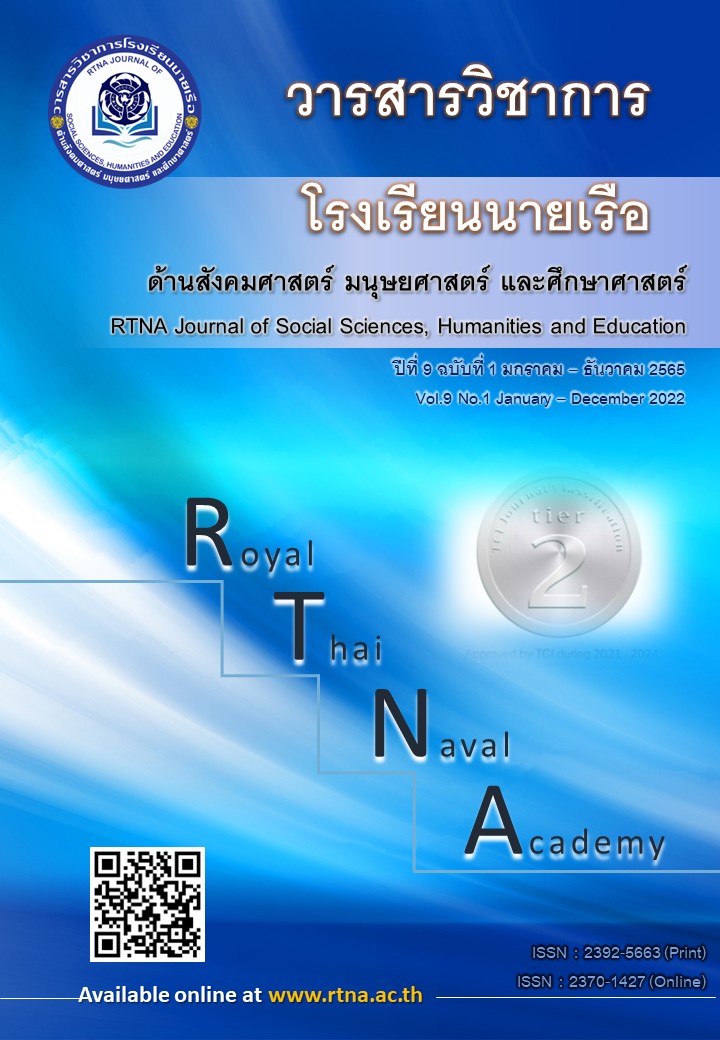Topology for Maritime Delimitation: Case study of judgments of International Courts
Keywords:
Maritime Delimitation, Topology, Judgements, International CourtsAbstract
Special circumstances for maritime delimitation can be considered as objective and subjective. The subjective circumstances are such as historical title, social life or economical profit in specific sea area for a long time. The subjective circumstances are arguable because they are unilaterally claimed. Length of coastlines, general direction of the coast, shape of the coast, islands or rock are objective circumstances which are naturally tangible and cannot be made up. Either International Court of Justice (ICJ) or International Tribunal for the Law of the Sea (ITLOS) always objectively delineate the maritime boundary regarding coastlines, islands or rocks as special circumstances. This article aims at studying the result from judgments about maritime boundaries which are adjusted by topographic circumstances and comparing the topography between Thailand and neighboring coastal States for preparing maritime boundary negotiation.
References
กรมอุทกศาสตร์. (2555). คู่มือเทคนิคกฎหมายทะเลสำหรับนายทหารอุทกศาสตร์ : ที่ระลึกวันคล้ายวันสถาปนากรมอุทกศาสตร์ ครบรอบ 91 ปี. กรุงเทพฯ: กรมอุทกศาสตร์.
International Court of Justice. (2009). Maritime Delimitation in the Black Sea (Romania v. Ukraine). Retrieved March 20, 2021, from https://www.icj-cij.org/en/case/132
International Court of Justice. (2012). Territorial and Maritime Dispute (Nicaragua v. Colombia). Retrieved March 20, 2021, from https://www.icj-cij.org/en/case/124
International Tribunal for The Law of the Sea. (2012). Dispute Concerning Delimitation of the Maritime Boundary Between Bangladesh and Myanmar in The Bay of Bengal.
Retrieved March 20, 2021, from https://www.itlos.org/fileadmin/itlos/documents/cases/case_no_16/published/C16-J-14_mar_12.pdf
United Nation. (1982). United Nation Convention on the Law of the Sea. Retrieved March 20, 2021, from https://www.un.org/depts/los/convention_agreements/texts/unclos/unclos_e.pdf
Downloads
Published
Issue
Section
License
Copyright (c) 2022 Royal Thai Naval Academy

This work is licensed under a Creative Commons Attribution-NonCommercial-NoDerivatives 4.0 International License.
The author has the sole responsibility for the material published in RTNA Journal of Social Sciences, Humanities, and Education, which the editorial team may not agree on that material.
RTNA Journal of Social Sciences, Humanities, and Education owns the copyright of the text, the illustration, or other material published in the journal. No parts or the whole of the material published may be disseminated or used in any form without first obtaining written permission from the academy.






